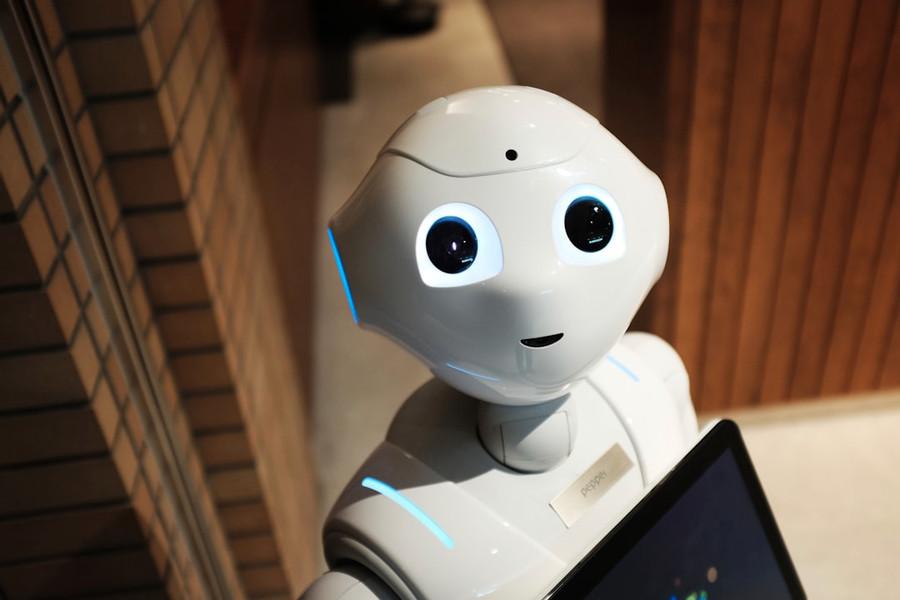Exploring the Realm of AI: From Basics to Ethical Considerations
Ideas, facts & insights covering these topics:
9 ideas
·1.03K reads
8
Explore the World's Best Ideas
Join today and uncover 100+ curated journeys from 50+ topics. Unlock access to our mobile app with extensive features.
What Is AI
AI stands for artificial intelligence, which is the ability of a computer or a machine to perform tasks that normally require human intelligence. For example, AI can help us to search the web, recognize faces, play games, translate languages, and create art. AI is a very broad and exciting field of science that has many applications and challenges.
10
146 reads
Understanding AI
One way to understand AI is to look at how it is divided into different sub-fields or goals. Some of the common goals of AI are:
- Reasoning
- Learning
- Perception
- Natural Language Processing
- Robotics
11
135 reads
Reasoning:
This is the ability of a computer to solve problems or make logical deductions based on facts and rules. For example, an AI program can find the best move in a chess game or prove a mathematical theorem.
9
121 reads
Learning:
This is the ability of a computer to improve its performance or knowledge based on data or experience. For example, an AI program can learn to identify objects in images or understand speech by analyzing many examples.
10
115 reads
Perception:
This is the ability of a computer to sense and interpret information from the environment. For example, an AI program can recognize faces in photos or detect sounds in audio.
9
108 reads
Natural Language Processing
This is the ability of a computer to understand and generate natural language, such as English or Hindi. For example, an AI program can answer questions or write summaries based on text.
9
105 reads
Robotics:
This is the ability of a computer to control a physical device or robot that can move and interact with the world. For example, an AI program can drive a car or play soccer.
9
100 reads
Another Goals Of AI:
These are just some of the main goals of AI, but there are many more. AI researchers use different techniques and tools to achieve these goals, such as mathematical algorithms, artificial neural networks, statistics, probability, and economics. AI also draws inspiration from other fields, such as psychology, linguistics, philosophy, neuroscience, and biology.
9
104 reads
Questions That We Need To Think:
AI is not only a fascinating topic to learn about, but also a powerful tool that can help us in many ways. However, AI also poses some ethical and social issues that we need to be aware of and address. For example, how can we ensure that AI is fair, safe, responsible, and beneficial for humans? How can we protect our privacy and security from AI? How can we prevent AI from harming or replacing humans? These are some of the questions that we need to think about as we develop and use AI.
9
100 reads
IDEAS CURATED BY
CURATOR'S NOTE
Artificial intelligence
“
Read & Learn
20x Faster
without
deepstash
with
deepstash
with
deepstash
Personalized microlearning
—
100+ Learning Journeys
—
Access to 200,000+ ideas
—
Access to the mobile app
—
Unlimited idea saving
—
—
Unlimited history
—
—
Unlimited listening to ideas
—
—
Downloading & offline access
—
—
Supercharge your mind with one idea per day
Enter your email and spend 1 minute every day to learn something new.
I agree to receive email updates



